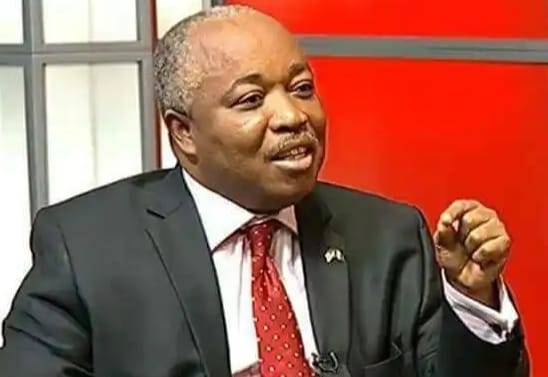A leading legal expert, Senior Advocate of Nigeria (SAN), Prof. Paul Ananaba, has advocated a groundbreaking reform, suggesting that the Independent National Electoral Commission (INEC) should no longer be a mere respondent in election petition cases but should be recognized as an independent party.
Professor Ananaba’s Election Petitions Proposition: Enhancing the Electoral Tribunal Process
Professor Ananaba, a legal expert, has put forth a bold proposal aimed at reforming Nigeria’s electoral processes. He contends that the Independent National Electoral Commission (INEC) should no longer be treated as a mere respondent in election petitions but should, instead, function as an independent party in these proceedings.
Elaborating on his innovative idea, Prof. Ananaba suggested that by summoning INEC and ensuring the availability of all relevant documents within seven days, each party involved could meticulously assess the materials. This streamlined approach, he believes, has the potential to expedite the resolution of election petitions, including those that may eventually reach the Supreme Court, in an astonishingly brief period of just five to six weeks.

The legal expert emphasized the transformative impact this proposal could have, asserting that shifting the burden of proof in electoral cases to INEC might lead to a remarkable 50 percent reduction in the number of election petitions.
Shifting the Burden to INEC and Streamlining the Tribunal Process
To implement this reform, Prof. Ananaba outlined practical steps. According to his proposal, the respondent in an electoral case would be mandated to present an INEC representative and submit an affidavit or witness statement within 21 days if they wish to involve INEC in any aspect of the electoral tribunal process.
In conclusion, Prof. Ananaba’s proposed approach signifies a significant departure from the current electoral proceedings. Under this framework, after INEC conducts an election, the responsibility to initiate tribunal proceedings would fall upon the losing party. Furthermore, considering the current pace of decision-making in Nigeria, all necessary actions must be carried out within a stringent 21-day timeframe. This proposal could potentially reshape the landscape of electoral disputes, fostering a more efficient and expedited resolution process in the country.
Table of Contents
Discover more from OGM News NG
Subscribe to get the latest posts sent to your email.














